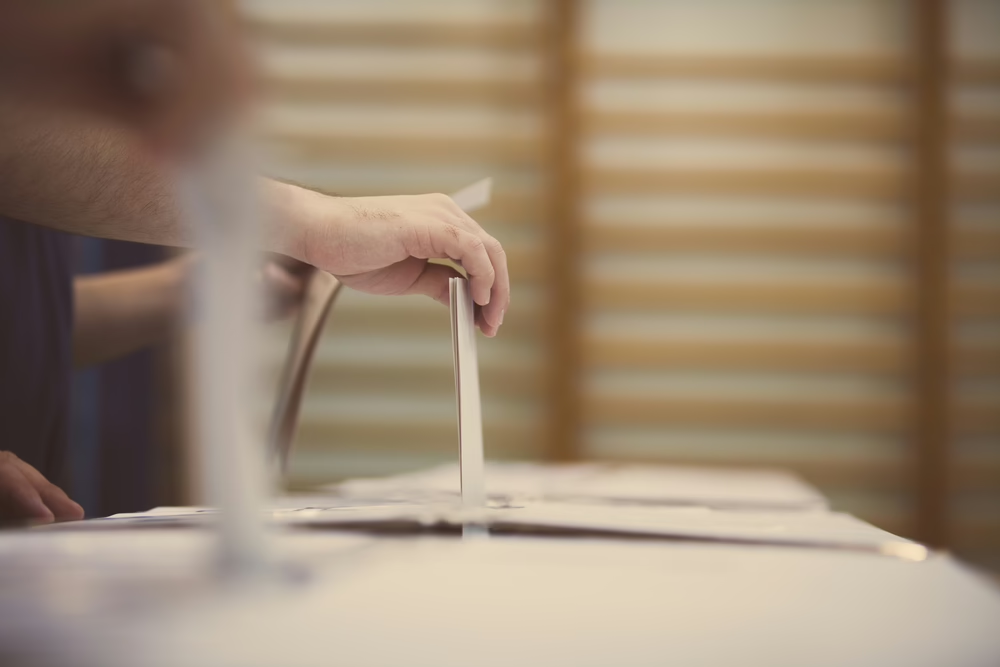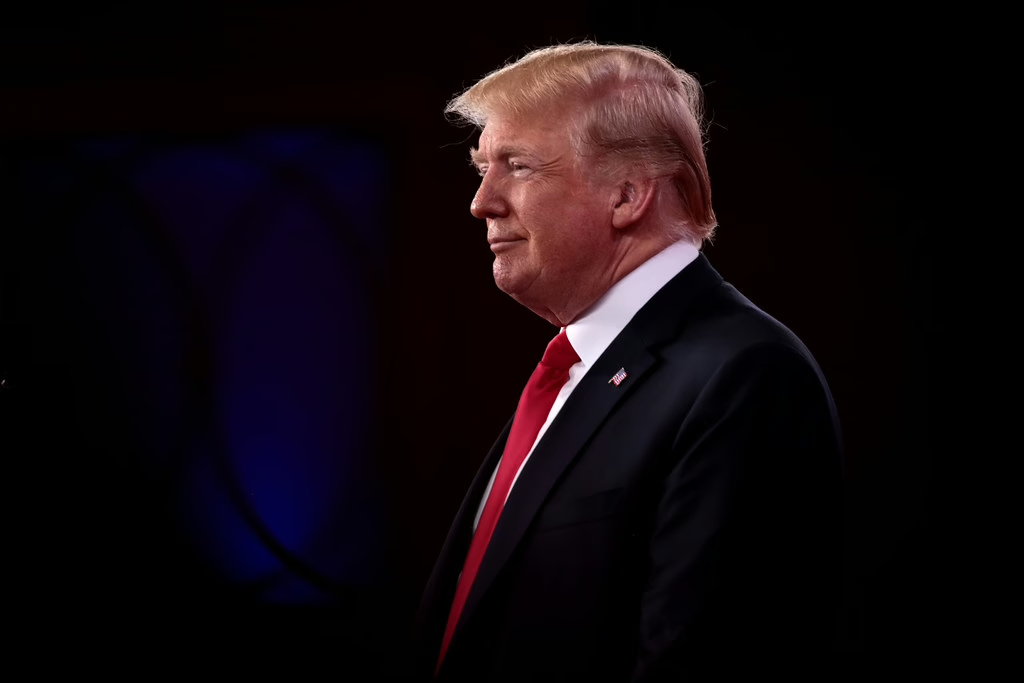Last week, the co-founder and CEO of Twitter, Jack Dorsey, announced that he was stepping down from his role and soon to leave the company altogether. The decision comes three years after he publicly discussed Twitter’s struggle to control misinformation and hate speech, echo chambers, and an algorithm which favors controversial content. Since then, improvements have been marginal at best.
In America, Twitter is a cesspool of partisan rage, misinformation, and trolling. It’s also one of the most important developments in political communication in recent history. Political campaigns are fueled by Twitter engagement, the platform defined President Trump’s communications strategy, and it’s become a central tool in driving revolutions and social movements around the world. Understandably, the challenges for the next CEO, Parag Agrawa, will be considerable.
But while Twitter tries to determine how it can better coexist with American democracy, it has an ever more convoluted arrangement to sort out with authoritarian governments around the world. At the moment, the service is doing far more to benefit dictators than it is to defend people struggling under oppressive regimes.
How does Twitter benefit authoritarians?
If dictators want to tweet, Twitter doesn’t see any reason to stop them. Putin has an official Twitter account, President of Russia, where the Kremlin is free to post most anything it likes. Russian citizens, on the other hand, are imprisoned, kidnapped, and forced into exile for attempting to exercise their right to free expression. Similar contradictions exist with Chinese officials whose citizens aren’t permitted on the website, and in Iran, where Supreme Leader Ali Khamenei can praise martyrdom while officially banning Twitter. Instead of exercising their rights, Iranians are forced to smuggle videos to RDI Freedom Fellow Masih Alinejad in order for them to see the light of day.
Twitter’s policies are inconsistent, and they became more ridiculous after President Trump was banned from the platform. If inciting the January 6th insurrection is worthy of a ban, surely the repeated human rights abuses by these officials should warrant a ban as well. Instead, the platform ostensibly devoted to free speech is all too willing to accommodate governments’ requests to turn it into a space rife with censorship and propaganda.
Earlier this year, India passed a law which granted the government greater control over the platform, later raiding a Twitter office and threatening to imprison employees if Twitter didn’t comply. Since then, Twitter has censored Tweets which criticized the government’s pandemic response and banned users associated with a popular protest movement.
According to a report from early 2021, the Turkish government of Recep Erdoğan led the world in demanding that Twitter censor content. In all, Twitter received 6,513 court orders from Turkey during the first half of 2020, more than double the requests from the second greatest censor, Russia, at 2,972 court orders.
By refusing to take a harder line against these regimes, Twitter becomes complicit in their abuses. The platform’s policies are unjust to people struggling under these regimes, and it calls the entire organization’s commitment to free expression into question. With Jack Dorsey stepping down, Twitter has the opportunity to review some of its fundamental policies. As a start, it could ban any representative of a country that won’t allow its citizens onto Twitter and begin the process of developing and implementing standards that are clear and consistent.






